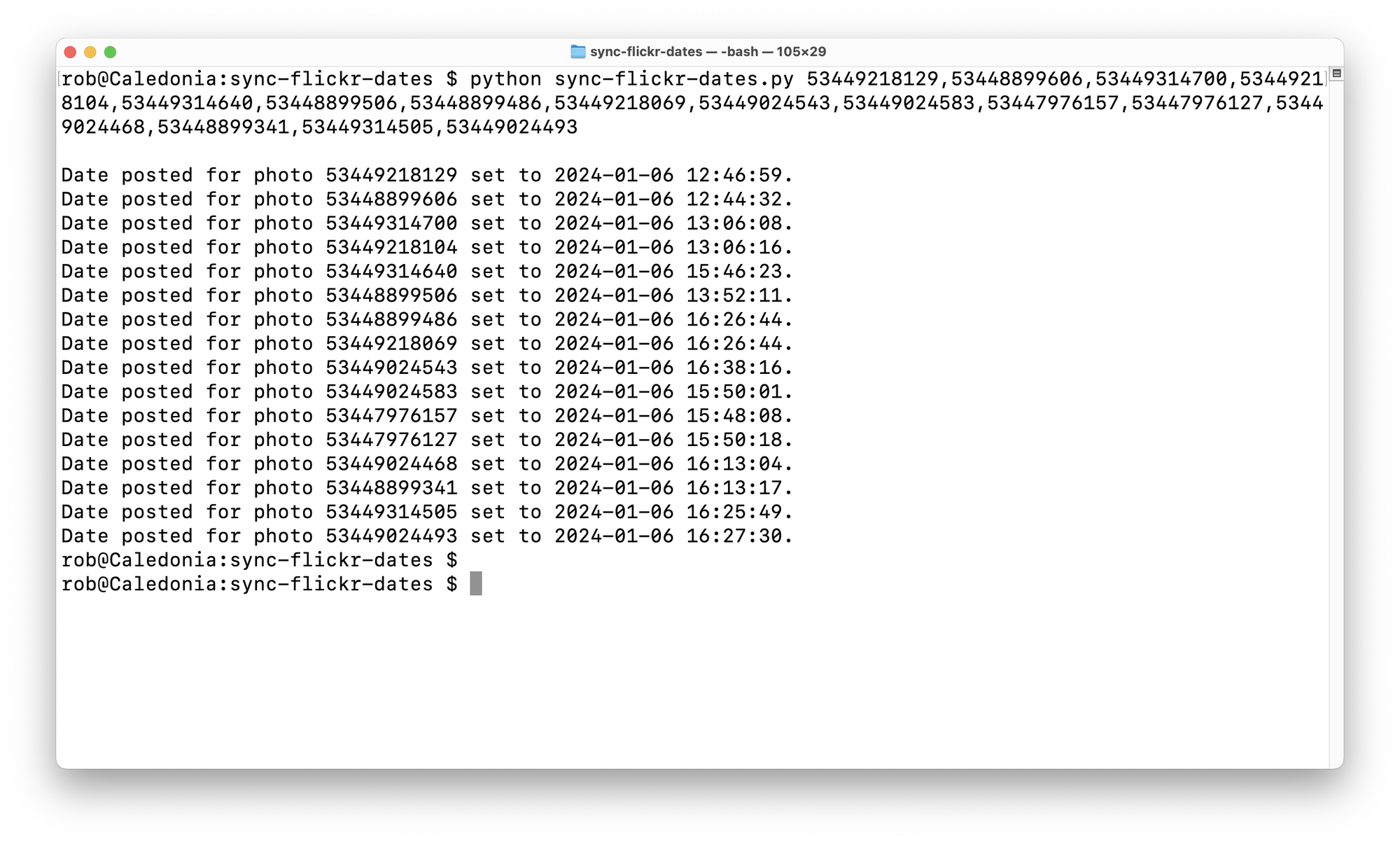Converting JWKS JSON to PEM using Python

Following on from my earlier exploration of JWKS (RFC7517), I found myself needing to convert the JWKS into PEM format. This time I turned to Python with my preference of using uv with inline script metadata and created jwks-to-pem.py. The really nice thing about inline script metadata is that we can use the cryptography package to do all the hard work with RSA and serialisation. We just have to remember that the base64 encoded values… continue reading.



